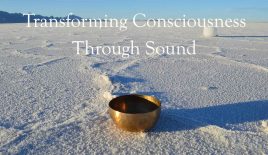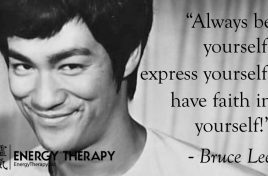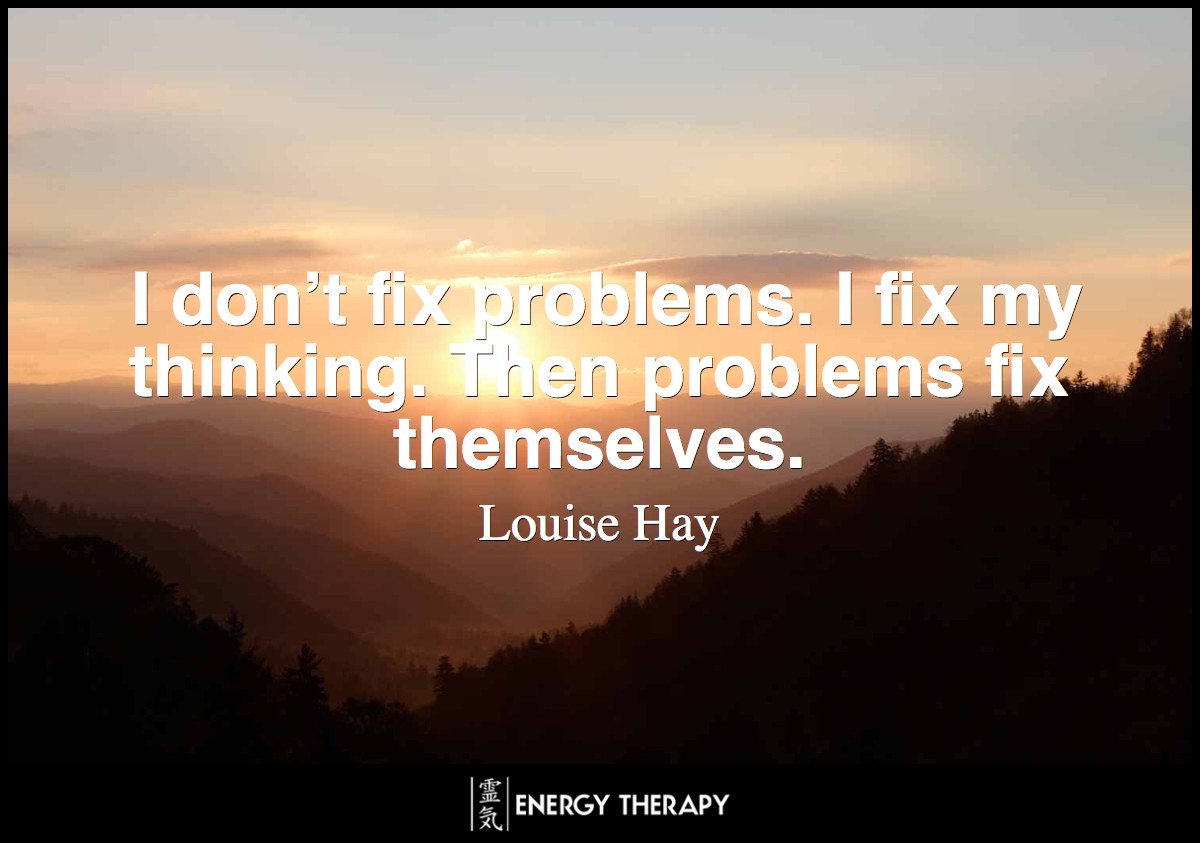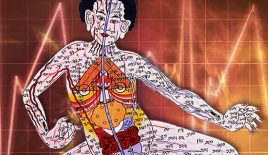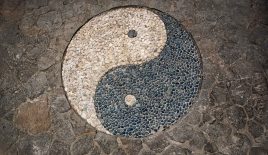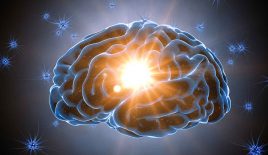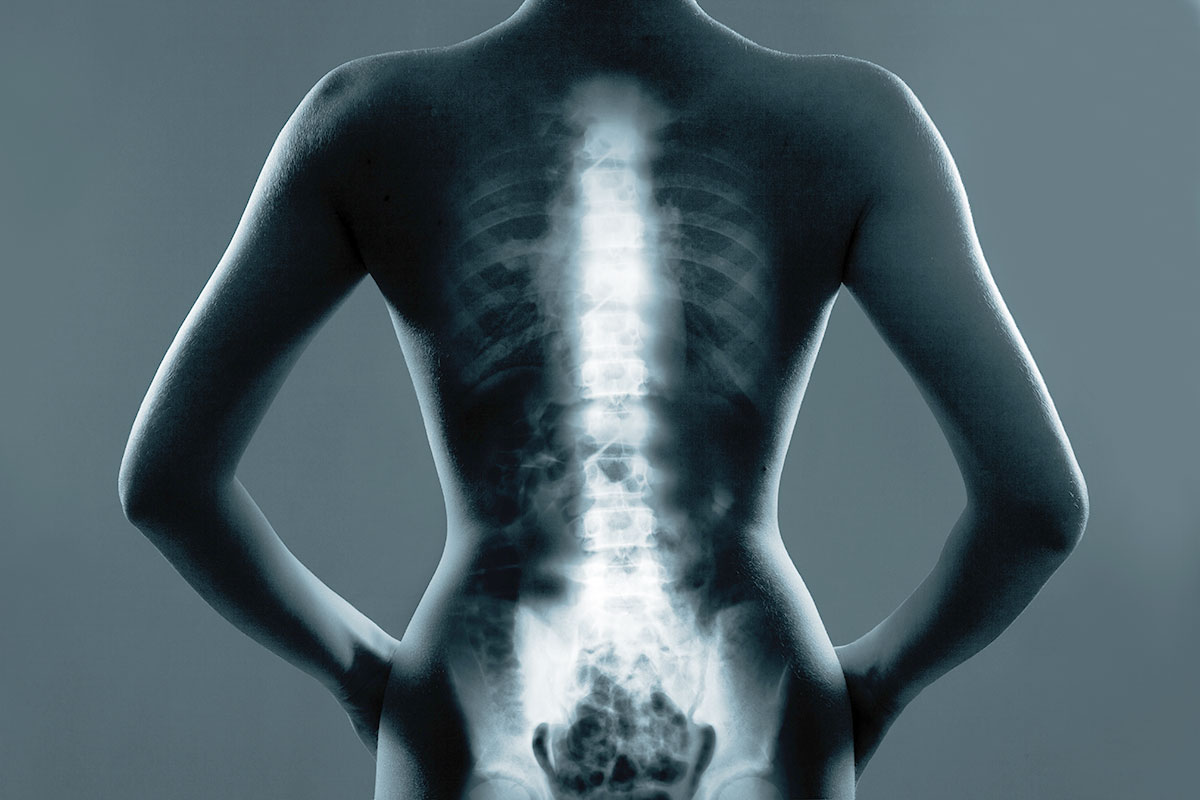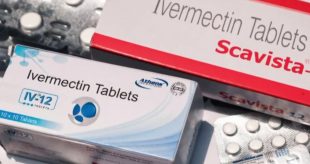The Truth About Fasting – What You Need To Know!
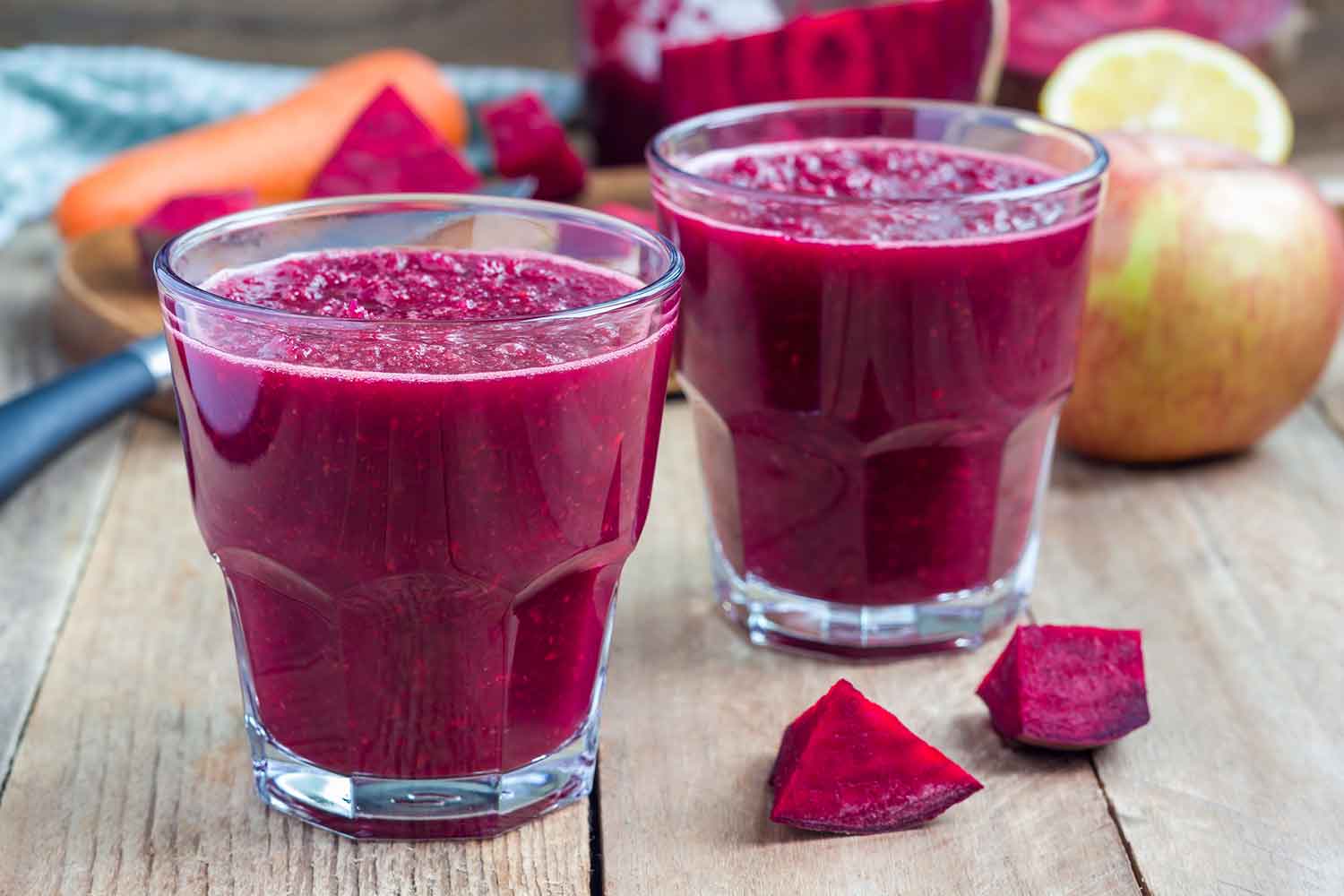 Intermittent fasting can be really good for you, especially if you are led by your stomach all the time. However, there are lots of different fasts around, and not all of them are healing.
Intermittent fasting can be really good for you, especially if you are led by your stomach all the time. However, there are lots of different fasts around, and not all of them are healing.
The information below comes directly from the Medical Medium, so you can trust it!
What Fasting Means For Your Liver
Your liver is an intelligent and powerful organ which has a critical job of processing and disarming the many toxins you inherit and encounter in our modern world: toxic heavy metals, undiscovered strains of viruses and bacteria, pharmaceuticals, petrochemicals, solvents, plastics, pesticides, everyday household chemicals and even more than this short list of nasties.
Your liver works to capture those toxins and hold onto them in order to keep them from floating around in your bloodstream and harming your heart, brain, central nervous system and other organs. When the circumstances are right and your liver is able to detoxify, it releases these toxins so they can be eliminated ideally through your urine and bowel movements.
If the liver is pushed into detoxifying through an unsafe, harsh fast, then it releases too many toxins at once.
Since the kidneys and bowel can only eliminate a small portion at any one time, the rest floats around in your bloodstream and this sudden barrage of poison in the bloodstream causes two kinds of problems.
First, the toxins can wreak havoc on your pancreas, spleen, nervous system, brain and heart. Second, the spillover puts your liver in a state of alarm, so the organ works on overdrive trying to gather up and seal in the toxins once more. It’s exhausting to your liver, which makes it harder for it to heal later and potentially more reluctant to release toxins in the future.
If the liver holds onto toxins in the future then this means the liver itself becomes increasingly toxic!
When Not to Fast
One important thing to know about fasting is that it takes preparation.
If your liver is really toxic, it’s not the time to do a fast. If you’ve been eating a Standard American Diet (SAD), a lot of animal products, or a high fat, high protein diet, or if you haven’t been eating many fruits and vegetables, it’s not a good idea to do a fast.
Even if you’ve been eating a clean diet for a long time but you’ve been exposed to a lot of chemicals or pathogens, it’s also best to not jump into a fast right away.
Fasting should also be avoided by people who have a weaker or sensitive constitution, which is the result of an overload of pathogens and toxins in the body and by people who have nervous system problems, adrenal issues or a heart that isn’t that strong.
In all of these cases, instead of doing something intense like a fast, you’re much better off making continual, gradual changes. This way, your liver can safely and continually flush out toxins.
With enough time, you’ll clean things up to the point where you’re ready to consider doing a fast.
Where to Begin for Safe Cleansing
A great place to start is by drinking lemon water upon waking and then 30 minutes later drinking 16 ounces of straight celery juice.
Today, you can start avoiding the foods that feed pathogens, including gluten, dairy, eggs, soy, corn and canola oil. It’s also important to avoid pork. Anyone who wants to cleanse and heal can help their body by lowering their fat intake, particularly unhealthy sources.
The lower your fat intake, the easier your liver can detoxify and heal.
If you are a meat eater, you probably think you are just eating a lot of protein. However, protein-rich foods such as eggs, beef, chicken, soy products, nuts, and others are inherently high in fat also.
After you’ve cleaned up your diet with these suggestions, then you’ll be at a point where you can consider the 28-day cleanse Anthony William describes in Medical Medium, or the 90-day cleanse in Thyroid Healing, or the Liver 3:6:9 Cleanse from Liver Rescue.
All of these Medical Medium cleanses are designed to work perfectly in harmony with the body’s needs, not to push the liver in an unproductive and harmful way like most cleanses and diets out there, and are based on plenty of delicious foods to still give your body the nourishment it needs to heal.
For some people, it may even take a year or two of drinking celery juice and following Anthony’s food guidance and cleanses to get to the point where they’re ready to fast.
Here are the different types of fasting around, and what you need to know!
Water Fasting
Water fasting means you ingest water only, and no food. Short term water fasting is a helpful tool but it’s not for people who haven’t gotten to a point where their bodies are already pretty well cleaned out and who have healthy levels of nutrients in their bodies.
At that point, if you want to water fast, it should typically only be done for one to two days maximum. It’s critical you stay well hydrated and drink plenty of water during that time. It’s also really important to stay home, get lots of rest and take it easy during a water fast. Weekends are a good time to try it. Driving around or doing physical work is not safe.
When you’re water fasting, you can suddenly get a dizzy spell, experience a big blood sugar drop or feel weak.
The other thing to know is that people can easily become addicted to water fasting. Once they go two or three days, sometimes they don’t want to stop. They want to do four days and then five and it can become hard to break the addiction. On a water fast, people can sometimes experience moments of clarity and euphoria because of the adrenaline that’s released during water fasting so they want to keep going. It’s better to do water fasts periodically—even once a month if you wish—but only for a couple days versus doing a longer water fast.
Don’t try this fast if you are sick.
If you are nutritionally deficient and/or have viruses in your system, the fast will weaken your immune system. That allows the viruses to proliferate, and you will end up getting sicker as a result. Many people who fast, including fasting experts, don’t understand what’s really happening, and they mistakenly attribute the illness surge as a sign of detoxification. This is a false assumption.
People who have neurological problems should also definitely stay away from water fasts. It’s just too hard on the central nervous system (CNS) and can weaken it greatly. If you experience issues like anxiety, depression, headaches, migraines, chronic fatigue, restless legs syndrome, fibromyalgia, back pain, ringing in the ears, tremors, twitches, bad nerve pain or burning sensations, avoid it.
Dry Fasting
Dry fasting is when you don’t eat or drink anything, not even water. Never do it. Ever.
Some religious fasts adhere to this type of fast because it is purported to be ‘spiritual’. Examples are the Baha’i Nineteen-Day fast, and Ramadan by Muslims.
During the Nineteen-Day fast, Bahá’ís adhere to a strict sunrise-to-sunset dry fast, along with an obligatory prayer, and it is one of the greatest obligations of a Bahá’í as it purports to reinvigorate the soul and bring the person closer to God.
During the entire month of Ramadan, Muslims are obligated to dry fast every day from dawn to sunset (or from dawn to night according to some scholars). Fasting requires complete abstinence from food, drink. Fasting the month of Ramadan is one of the Five Pillars of Islam.
There is a belief that asceticism (which is a form of punishing the body) will bring enlightenment to the seeker of God. However, as Eckhart Tolle wisely points out, the Buddha didn’t find enlightenment when he was practising religious asceticism, he found it when he dropped these practices.
According to the latest information from Anthony William, who talks to Spirit, dry fasting is traumatising and harmful to your body and your brain. It fills your bloodstream with so many poisons you can nearly go into sepsis. The toxins spill out of the liver but they don’t get flushed out of the body.
Dry fasting is incredibly destructive for your liver, kidneys, nervous system and brain — it actually kills brain cells.
Juice Fasting
Juice fasting is when you only consume juice – and this can be a good choice. However, as with water fasting, you need to be fully prepared. You need to have spent enough time drinking daily celery juice and lemon water, eliminating the foods that feed pathogens, lowering your fat and animal product intake and eating lots of fruits and vegetables. These steps will get your body cleansing on their own.
You can then try the Liver 3:6:9 Cleanse from Liver Rescue and/or the 28-day cleanse in Medical Medium. These cleanses are safe and effective and can even become your permanent way of life if you wish.
Then you may be ready for a juice fast.
That said, don’t jump into a long-term juice fast as it can put too much pressure on your liver. It’s also important that you don’t drink only green juices (like kale, spinach and celery) that lack carbohydrates. One reason you need to include some carbohydrates is to slow down your cleanse. And again the purpose of that is so that your liver doesn’t get forced into dumping too much poison into your bloodstream at once. Also, the fruits you would include as part of your juices contain important nutrients that will nourish your body and also support your adrenals as you cleanse.
Include at least one of the following simple carbohydrates in at least one juice per day: apples, cucumbers, pears, oranges and watermelon. Including these carbohydrates also protects your brain because it needs the glucose, or natural sugar, from these fruits to keep from getting injured during a fast.
Intermittent Fasting
Intermittent fasting is when you limit the number of hours you eat over a day, usually by waiting to eat until later in the day. I support this for certain people for a period of time in some circumstances.
Some people feel like it’s not helpful to eat right away in the morning, so Anthony William advises drinking lemon water (with some raw honey if possible) and even celery juice and then waiting until maybe 11 a.m. for your first snack. You can go a little while longer if it feels right. Later in the afternoon and in the evening they eat their meals.
This can be a helpful method for people who have an inflamed intestinal tract or hypersensitive nerves in the lining of their stomach, duodenum and small intestinal tract. If it hurts when you eat, you might feel better if you wait half a day to eat, and give your digestive tract a rest. However, it’s not a long-term way to eat. Rather, it’s something you may need to do for a month or for six months or so but it’s then important to return to eating frequently so you can properly care for and give your adrenals, brain, liver and the rest of the body the critical glucose they need.
You can read more about why it’s important to eat frequently in the Adrenal Fatigue article on the Medical Medium blog.. Eating something every couple or few hours is especially helpful for people who have issues with their adrenals, blood sugar, nervous system or liver.
Final thoughts
As we’ve discussed, trying to “fast-track” your health with a severe fast usually backfires badly!
One other red flag to watch out for is fasting programs that include herbs and tinctures that have alcohol in them. Any kind of alcohol kills the beneficial internal bacteria and microorganisms in your gut. If a program sells products with alcohol, it’s important to avoid it.
Another piece of information that’s missing from many fasts is the importance of proper recovery. It’s so critical for your health and healing that you take the time to build yourself back up afterward. Drinking a lot of straight celery juice every day will protect and restore your brain, liver and entire body. Take your time as you ease back into eating. Stick with fresh fruits, leafy greens and vegetables and their juices for a period until you feel you have adjusted back to consuming solid food.
Source: https://www.medicalmedium.com
Enjoyed this article and want to know more? Here are some easy steps you can take right now…
- Book a life changing “remote healing session” with Soul Guidance with Jaime: https://www.energytherapy.biz/energy-healing-with-jaime-tanna/
- Join Jaime’s fantastic 1 year Energy Coaching Program: Total Frequency Shift — Discover Radiant Health & Freedom
- Sign up for Jaime’s exciting new substack at https://energytherapy.substack.com/https://energytherapy.substack.com/









